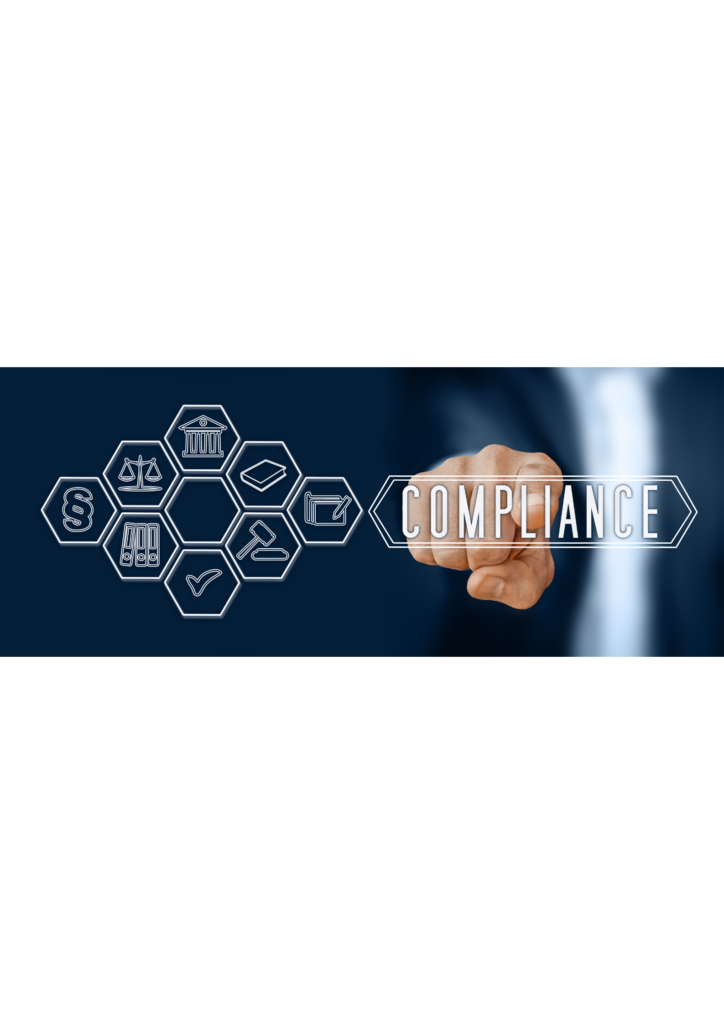Criminal liability of legal persons
Article 31 bis of the Criminal Code provides for the possibility that the legal persons can be held criminally liable for the following offences:
- The committed in the name or on behalf of them by their legal representatives, persons authorised to decide or persons with powers of organisation and control or;
- Those committed in the course of business activities and on behalf of the company by those who, being under the authority of the above-mentioned natural personsThe offender may have committed the acts because of a serious breach by the former of their duties of supervision, monitoring and control of their activity. Provided that the offence is committed for the direct or indirect benefit of the company.
Therefore, in view of the above, it is important to note that not only the natural person who commits the offence can be implicated in the event of the commission of an offence, but if the offence is committed for the benefit or on behalf of the company, the company can be held criminally liable in criminal proceedings.
2. What are the possible effects of an offence committed by a company?
In the event that the undertaking is held criminally liable for the offence committed by its employees or representatives, in addition to the penalty of fine provided for and the repercussions this may have on the development of their activity (i.e. inability to contract with the public sector, financing risks, etc.), in some cases, The commission of the offence may result in the suspension of the company's activities and even its compulsory dissolution.
3. Tool to avoid charging business organisations with criminal offences
However, Article 31bis of the Penal Code itself establishes a series of cases in which the company can be exempted from criminal liability in case of malpractice by their representatives or employees, if so-called "Criminal Compliance" programmes are implemented.
These programmes aim to aim to preventIf any person in the company commits a criminal offence in the course of his or her business, the undertaking may be penalised as a legal personThis can be detrimental to her, as mentioned above.
In order for such a tool to be effective, it needs to address a number of issues requirements:
- The activities in whose scope the offences to be prevented may be committed should be identified.
- It should establish protocols that set out what the process of will formation is for a legal entity and how decisions will be taken and implemented therein.
- An adequate financial resource management model should be envisaged to prevent the commission of crimes that need to be prevented.
- It should establish the obligation to report possible risks and non-compliance to the body in charge of monitoring the functioning and observance of the prevention model.
- It should provide for a disciplinary system that adequately sanctions non-compliance with agreed measures.
- Moreover, it is not sufficient to simply implement it in accordance with the criteria described above; the model implemented must be periodically checked and modified if changes in the organisation, the control structure or the activity carried out so require.
Numerous judgments of the European Court of Justice have ruled in this regard. Supreme Court The Commission has indicated that, in order for such an exemption to apply, implementation is not enough of the prevention model, but that a number of requirements are metamong which we can highlight the following:
- It is necessary that the pThe programme has been set up prior to the commission of the offence.In other words, the management body needs to have adopted and effectively implemented a compliance model that includes appropriate monitoring and control measures to prevent criminal offences.
- The plan must be real, not simply a written or simulated plan, but must be adequately resourced for implementation.
- Must be suitableThe scope of the liability of legal persons should be extended to each and every criminal conduct that may give rise to liability of legal persons.
In this way, it is made clear that the important thing is not only to identify the criminal risks to which a company is exposed due to the activity it carries out jointly or through third parties, but also to prevent these risks. In other words, once the criminal risks have been detected, the purpose of these programmes is to design and implement the appropriate measures for their prevention, bearing in mind that their scope of application must extend beyond the organisation's corporate perimeter.
4. Should all types of organisations, including small and medium-sized enterprises, apply it?
It is very common to think that this type of crime prevention programme only applies to large companies, however, the Criminal Code itself also extends it to small and medium-sized enterprises. Therefore any legal person, irrespective of its size, can be held criminally liable and therefore, in order to apply the exemption, the above-mentioned measures need to be in place.
It is also important to bear in mind that the changing environment in which we find ourselves, mainly as a result of recent events, has changed the way in which companies work, with more and more companies being created, and that this has led to an increase in the number of employees and a reduction in the number of employees. teleworking as a way of working is becoming more common.
The implementation of this modus operandi further underlines the importance of having an adequate crime prevention programme, since a large part of the crimes in which a company can be involved may result from a lack of control over work systems or a relaxation of policies to be applied.This leads to an increased risk of certain criminal risks arising.
For this reason, it is important to put in place appropriate measures, implement and document appropriate policies to adapt to these new circumstances.in order to avoid possible criminal liabilities that could be imposed on the company itself.




